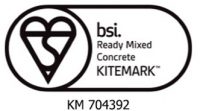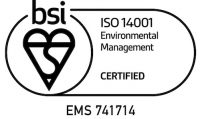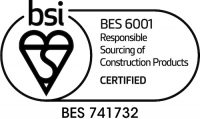Finding the right type of concrete mix for your project is essential for getting the best results. Here at EasyMix Concrete we design and supply a huge range of concrete strengths and grades to ensure the ideal solution for any project or application. To see how much concrete you need use our concrete calculator per m3 or view our concrete prices for concrete, screed and pump hire.
Concrete Grades & Mixes
Most concrete mix designs use the same type of raw materials: cement, water and aggregate (usually sand and stone), in different ratios. Some types of concrete have additional materials added to give specialist qualities, such as:
- Fibres – enhanced strength
- Plasticisers – free flowing, better workability
- Retarding agents – reduce rate of setting
- Accelerating chemicals – increase rate of setting
- Corrosion inhibitors – reduce corrosion of steel rebars
Have a look through our glossary of concrete types to make sure you get the right concrete for your project. If you’re not sure, or would like to discuss you requirements, simply give the team at EasyMix a call. Even if we can’t supply the exact type of concrete you require, we’ll be more than happy to discuss your project, recommend alternatives and ensure you get the right materials for the best results.
- Commercial
- Domestic
- Screed
Glossary of Ready Mix Concrete Types
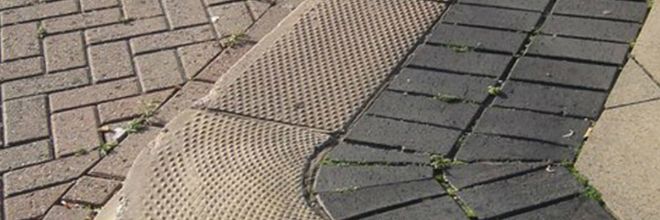
C7/8 / Gen 0
C7 & 8 concrete mix, Gen 0 concrete or wet lean mix concrete, is commonly used in both commercial and domestic projects for a huge range of general applications, such as kerb bedding, haunching and backing, domestic foundations and blinding.
Ideal for: Cavity filling, kerbing, domestic foundations & haunching.
Strength: 7 Newton/28 day strength.

C10 / Gen 1
C10 concrete, or Gen 1 concrete is an extremely versatile mix used throughout the construction industry for general and housing applications. This includes un-reinforced strip, trench fill and and agricultural applications.
It can also be used for drainage works and blinding house floors, as well as pad foundations and non-structural mass concrete in non-aggressive ground conditions.
Ideal for: Foundations for steps, trench fill, floor blinding & drainage works.
Strength: 10 Newton/28 day strength.
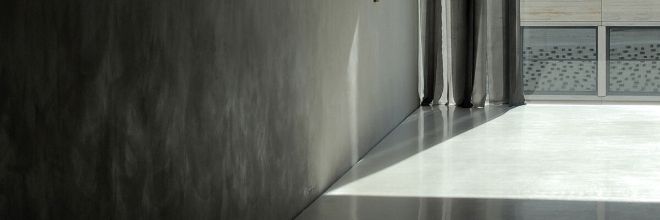
C15 / Gen 2
C15 concrete or Gen 2 concrete is suitable for house floors with no embedded metal. It also provides the ideal material for flooring when no permanent finish or floor covering will be installed, such as carpet or tile.
Ideal for: Foundations for small walls, sheds & conservatories. Paving for steps and paths.
Strength: 15 Newton/28 day strength.

C20 / Gen 3
C20 concrete mix and Gen 3 concrete is commonly used for lightweight domestic applications and foundations, such as shed & workshop bases. It can also be used to construct internal floor slabs so long as they contain no embedded metal.
Ideal for: Foundations for large walls, garages, houses & extensions. Paving for patios. Reinforced bases & oversites for conservatories, garages, sheds, greenhouses.
Strength: 20 Newton/28 day strength.
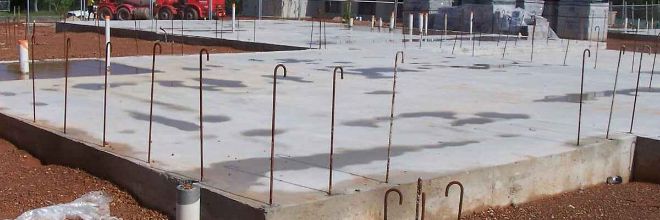
C25 / ST 2
C25 standardised mix concrete or ST2 Concrete is widely versatile and used in numerous commercial and domestic projects. It is commonly used for footings and foundations, including mass concrete fill, trench fill and reinforced fill, as well as general groundworks. It can also be used for kerbing, infilling around manholes and small bases for external furniture, such as patios.
Ideal for: Foundations and reinforced bases for houses & extensions. Trench fill, kerbing & patios.
Strength: 25 Newton/28 day strength.
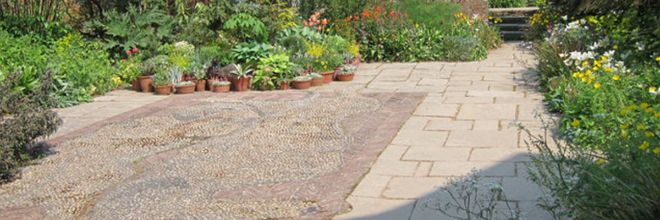
C30 / PAV1 / ST 3
C30 concrete, PAV1 concrete and ST 3 concrete are the most common types of concrete used for pavement construction.
It is also ideal for lighter use external applications, such as slabbing, as well as outdoor paved areas such as stables, driveways, walkways, patios and garages.
PAV 1 mixes have an air entrainment additive to create standard sized air bubbles in the concrete. This helps to protect the surface from freeze-thaw cycles, making it especially useful for outdoor paving.
Ideal for: Paving external kennels and reinforced hard standings. Reinforced bases for workshops and unreinforced bases for houses & extensions.
Strength: 30 Newton/28 day strength.
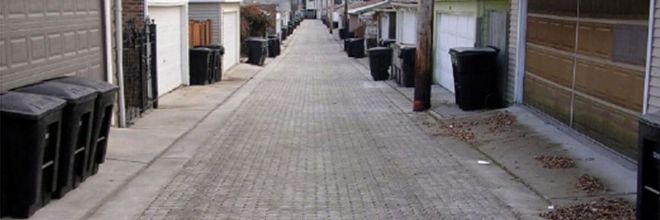
C35 / PAV2
C35 concrete and PAV2 concrete is a heavy-duty use concrete. It offers high quality similar to PAV1, but is much more substantial making it suitable for commercial and industrial use. Common applications include raft foundations, piling and external slabbing and pacing that will be subject to the constant loading and scraping imposed by industrial vehicles and machinery.
PAV 2 mixes have an air entrainment additive to create standard sized air bubbles in the concrete. This helps to protect the surface from freeze-thaw cycles, making it especially useful for outdoor paving.
Ideal for: Reinforced bases for commercial buildings and agricultural light storage areas.
Strength: 35 Newton/28 day strength.
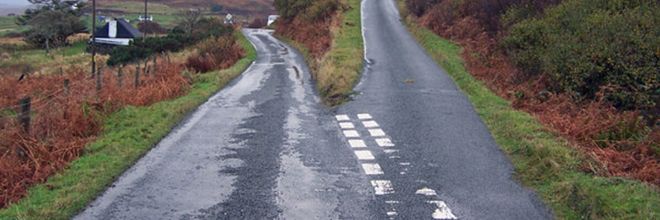
C40
C40 concrete is a strong commercial grade concrete mix most commonly used in the construction of structural and support beams, footings and foundations, roadworks, and in agricultural use.
Ideal for: Foundations for septic tanks, paving HGV parks and agricultural yards.
Strength: 40 Newton/28 day strength.
Glossary of Domestic Concrete Types
If you don’t know your Gen 1 from your C20, there are various different terms that may crop up when you research different types of ready-mix concrete. Below we’ve run through a glossary of popular concrete mix terms, their strengths and some of the purposes they’re designed for.
Simply give us a call to discuss your project and we’ll be happy to recommend the ideal materials. If we can’t supply the exact concrete you want, we may be able to offer quality alternatives and recommend a more suitable solution.
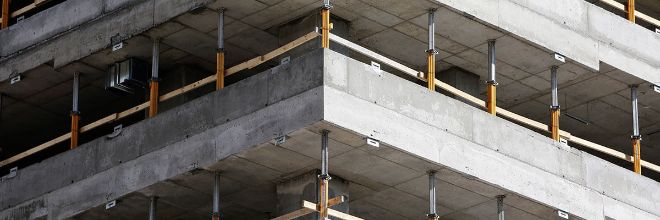
Standard Ready-Mix Concrete
Ready mix concrete is the most common type produced. It is produced at a batching plant and then transported to site by a drum mixer. You should aim to order an accurate quantity and have a mix design prepared when you make the order.
Ideal for: Large work sites, tight time and space constraints and basement builds.
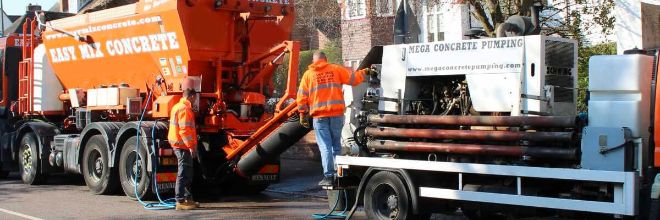
Volumetric Concrete
Volumetric concrete is produced on site by a mobile batching plant. You will only need to pay for what you use and can opt to take more or less concrete on the day without incurring additional charges. The mix design can be adjusted and discussed on site, on the day of the pour.
Ideal for: Large work sites, multiple project requirements and basement builds.

Self Compacting Concrete – SCC Concrete
The chemicals added to this concrete type means it has a high flow rate so when poured it will level and compact itself. With this in mind, it offers fantastic levels of strength not found in more basic mixes.
As it requires no mechanical compaction and is very easy to place, it also ensures speed of delivery, making it ideal for projects with tight deadlines and limited labour.
Ideal for: Pre-cast structures, foundations, floors and walls.
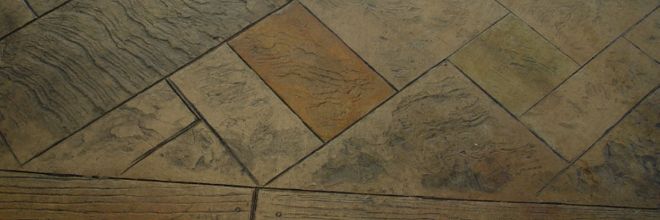
Decorative Concrete
When you need concrete for architectural work or to use concrete for aesthetic purposes, this type of concrete is your best bet. It can come in a range of textures and colours to give you more freedom when looking to use concrete for decorative impact.
Ideal for: Domestic projects, patterned floors, decorative paving and architectural features.
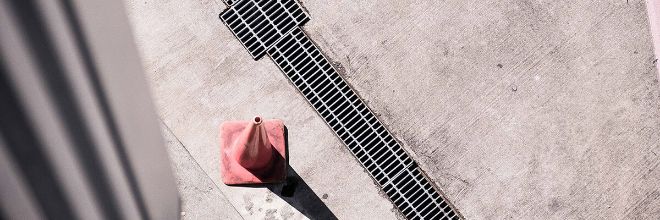
Rapid-Set Concrete
When you’re in need of concrete for swift repair work, or when you want to speed up your construction in certain areas, you can rely on rapid-set concrete. Its versatility and the speed in which it sets makes it ideal for a wide range of applications and projects, and it is a particularly helpful material in the winter months, when the temperature is too low for traditional concrete drying and setting.
Ideal for: Fence posts, road renovations, pre-case & cast-in-place structures and general concrete repair.
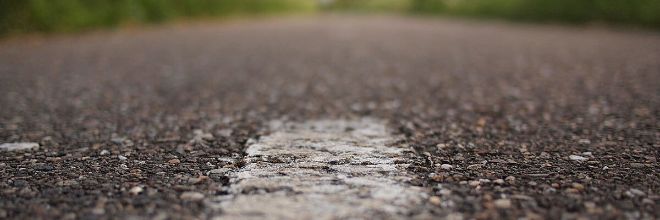
Roll Compacted Concrete
Roller-compacted concrete is placed in a similar way to asphalt, requiring no formwork or finishing, ensuring a fast and efficient solution for placing large amounts of concrete. It offers high load carrying ability and can be open to traffic in just a few hours.
Commonly used in the construction of new roads, it is often favoured as it uses less energy and produces fewer emissions during production, and is more environmentally friendly once placed. Compared with other materials, it is also more durable and cost-effective.
Ideal for: Industrial hardstandings, pavements, roads, parks, airport taxiways and car parks.

Fibre Concrete
Fibre concrete mixes contain lots of small fibres, spread evenly throughout the concrete. This forms a mesh-like structure which offers increased durability and strength.
Fibre-reinforced concrete has better structural integrity, reducing the need to use steel rebar in your build. It also means that your structure should be less likely to suffer cracking or shifting.
Ideal for: Domestic builds, light commercial projects, industrial floors and external hardstandings.
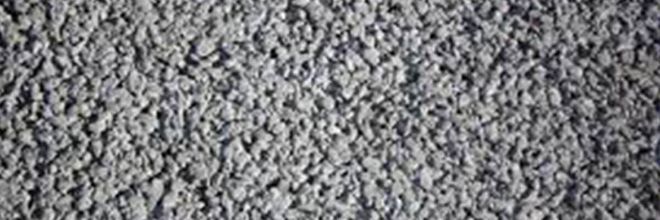
Pervious Concrete (Permeable Concrete)
Pervious or permeable concrete mix is more porous than most other types of concrete, allowing water, such as heavy rain, to penetrate through, reducing the risk of flooding. When used for flatwork applications, it also stops water from pooling which could result in vehicles skidding.
It is often used in sustainable construction as it helps to protect water quality and limit water waste, ensuring a low-impact development.
Ideal for: Car parks, pathways, swimming pools, greenhouses, light traffic areas & sustainable projects.

Fluid Concrete
This type of concrete is has a plasticiser admixture that creates a high slump to ensure it flows more freely on pouring.
This means it creates castings that offer a high precision and surface quality with crisp edges and a smoother texture. It is often used in domestic features, such as concrete worktops, but is most commonly used to lay pipes and cables as the fluid concrete quickly encases the pipework providing protection and keeping them in place.
Ideal for: Laying pipes and cables.
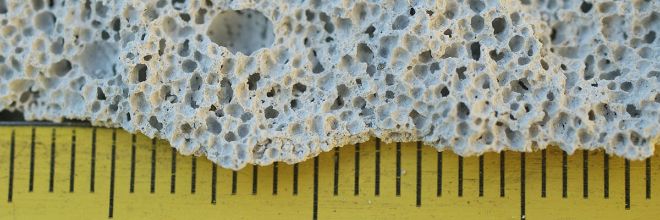
Foamed Concrete
Foamed concrete is extremely versatile and can be mixed with a range of additives to provide specialist qualities, such as pigments, accelerators, retarders and fibres.
It offers self-compacting as well as load-spreading characteristics which means it can be used to cover cables or pipework without crushing it. It also offers high thermal qualities.
Ideal for: Backfilling, foundations, void filling and trench reinstatements.
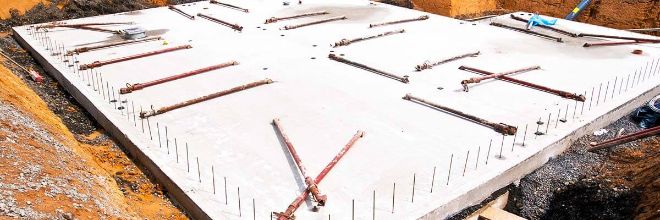
FND2 Concrete
FND2 concrete is a sulphate resistant mix, which is crucial when you’re laying concrete on sulphate soils or clay. The minimum cement content of the mix is 330kg per cubic metre. This type of concrete is often used for foundations of buildings, where it is likely that soil will be present, which could contain sulphate.
Ideal for: Foundations, building on sulphate soils and clays.
Types of Screed
Screed is a thinner layer of concrete material, which is a higher quality for a smoother finish with smaller aggregates. It is laid directly onto a base to obtain a more defined level, support the final floor covering or to provide a wearing surface.
Screed can be difficult to lay, but our team are on hand to offer you advice and talk you through the process to ensure you get the best results.
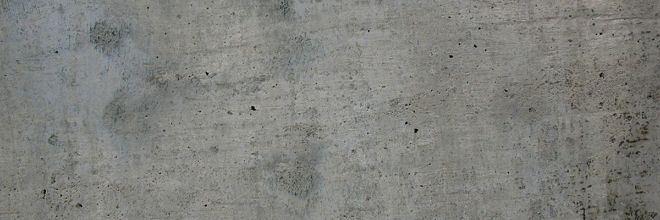
Bonded Screed
A bonded screed, as the name suggests, is fully bonded to the prepared concrete sub-base using a specialist bonding agent or primer. Most screeds of this type are laid at a thickness of between 25mm and 40mm, but every project will have different requirements.
Bonded screeds are less likely to crack, curl or hollow, so are commonly applied in areas that expect heavy duty use.
Ideal for: Thinner screeds and heavy load areas.
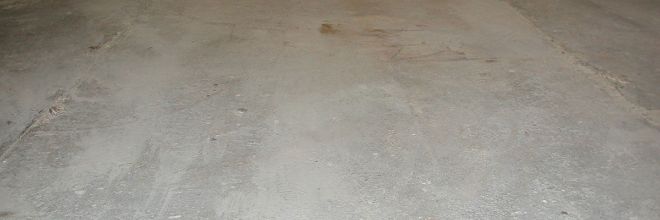
Unbonded Screed
Unbonded screeds are laid onto a damp proof membrane or polythene sheeting, which separates the final layer of screed from the the concrete base substrate. Most screeds of this type are laid at a thickness of at least 50mm, but it’s best to check with an expert as each project will have different requirements.
Unbonded screeds must be allowed to dry slowly to avoid curling, but can be laid any time after the original concrete base slab as any cracks in the sub-base will not carry through to the screed.
Ideal for: Older concrete sub-bases.
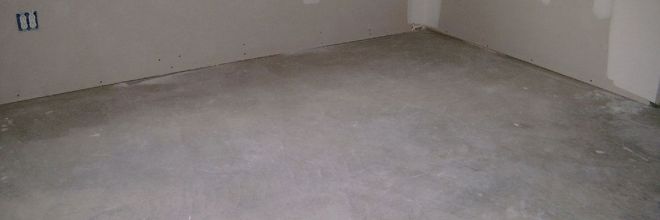
Floating Screed
Floating screed is laid on to a layer of thermal insulation, which is usually on top of a damp proof membrane that separates the existing concrete sub-base. The main benefit of a floating screed is the thermal efficiency it provides.
Usually, a screed of this type will be laid at around 65mm thick for lightly loaded floors, but a suggested thickness of 75mm may be more appropriate for heavy duty use floors. Each project will be different, so if you’re unsure check with an expert.
Ideal for: Residential properties, sound and heat insulation.
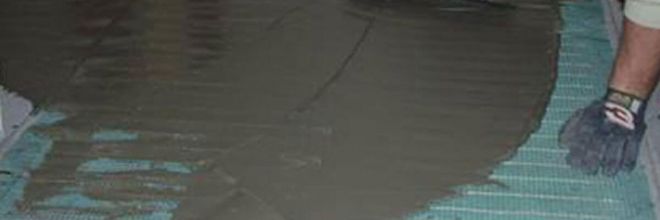
Screed for Underfloor Heating
This is essentially floating screed, but laid over underfloor heating pipes instead of insulating material. The screed conducts the heat evenly across the floor, retaining the heat for much longer and does not result in hot or cold spots.
Underfloor heating screed is usually laid at a thickness of between 65mm and 75mm, but if you’re unsure, check your project requirements with an expert to be sure you get the right solution. It should be allowed to dry for the full 21 days before the heating is gradually turned on to avoid cracking.
Ideal for: Underfloor heating systems.

